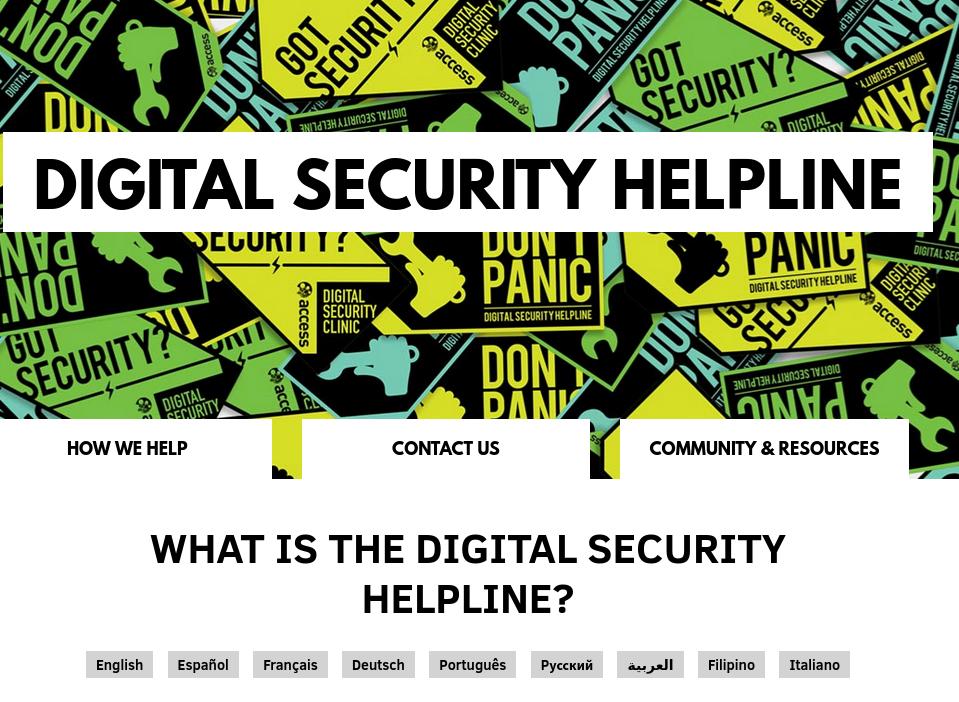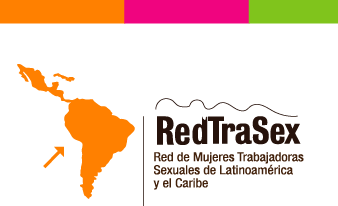
A self-assessment guide for digital emergencies developed by Hivos,
Digital Defenders Partnership, EFF, Global Voices, Front Line Defenders,
Internews, Freedom House, Access, Qurium, CIRCL, IWPR and Open
Technology Fund.
We have organised our growing library of publications and tools to better serve the sex worker-led movement, funders, and allies. We have highlighted key topics that intersect with our work including participatory grantmaking, donor finders, and other work contributed from regional networks, sex worker funders, and other organisations that support sex worker rights.

A self-assessment guide for digital emergencies developed by Hivos,
Digital Defenders Partnership, EFF, Global Voices, Front Line Defenders,
Internews, Freedom House, Access, Qurium, CIRCL, IWPR and Open
Technology Fund.

Access Now’s Digital Security Helpline works with individuals and organizations around the world to keep them safe online. If you’re at risk, they can help you improve your digital security practices to keep out of harm’s way. If you’re already under attack, they provide rapid-response emergency assistance. Available in English, French, Spanish, Russian, and more.
View

Information on organizations that can provide temporary shelter,
wellbeing support and other forms of assistance to human rights
defenders.

Although originally created in order to develop a common language, and history within the JASS community, we quickly realized the dictionary’s potential as a vehicle for the political act of defining our world based on a distinct feminist perspective – one that recognizes how distortions in social, economic, and political power form the basis of inequality and justice.
Building on the 1st edition, this updated version incorporates the feedback of a number of reviewers within the JASS community. It is built on the collective expertise and experience of JASS’ community of feminist popular educators, scholars, and activists from 27 countries in Mesoamerica, Southeast Asia, and Southern Africa.

In 2020, Front Line Defenders issued an extensive report highlighting LGBTIQ+ and Sex Worker Rights Defenders At Risk During COVID-19. The release of the report was also documented by journalists, including The Hill. The report found that: “[i]n every country we visited, despite the risk of arrest, sexual violence and surveillance sex worker activists continue to insist on their communities? right to assemble and to exist.”
View
The investigation was presented on December 9, 2020, to commemorate the International Day of Human Rights Defenders and International Human Rights Day. It is a complete mapping of sex work legislation and sex workers’ political participation in the region.
View
“According to research published […] by the Network of Latin American and Caribbean Sex Workers (Red de Trabajadoras Sexuales de Latinoam?rica y el Caribe, RedTraSex) more than 1,200 sex workers in 15 countries in Latin America and the Caribbean reported having experienced some form of human rights abuse since 2016. Among the abuses most frequently reported are discrimination, harassment, intimidation, threats, physical assault, rape and extortion.”
View